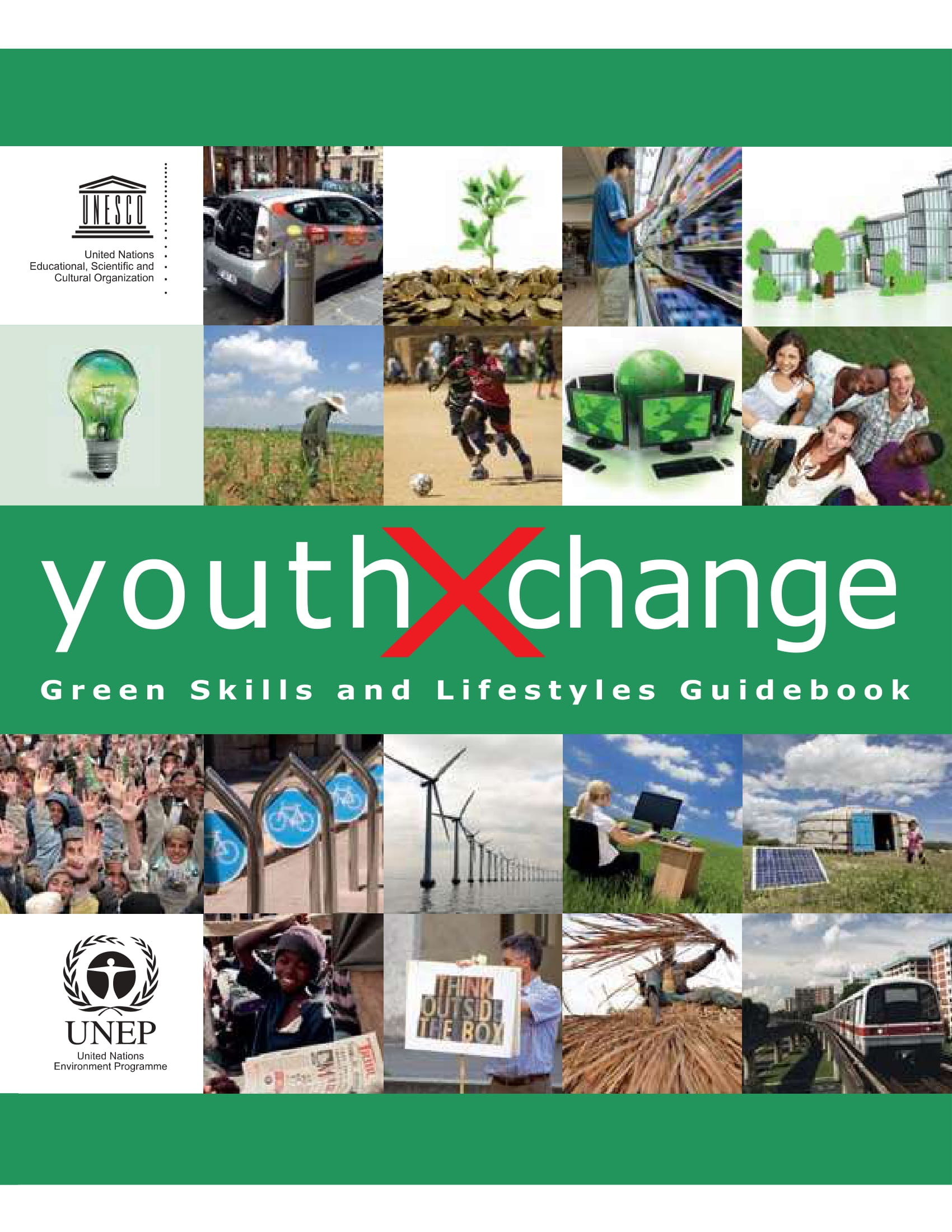Youth Exchange



The 2012 United Nations Conference on Sustainable Development (Rio+20) was clear: a green economy needs green skills to work. In Rio de Janeiro, countries agreed to implement green economy policies in ways that drive equitable growth and poverty eradication, with a focus on young people, women and the poor. A successful transition to a green economy will be one that builds on two pillars – job creation and youth involvement.
The stakes are high. Today, young people under the age of 25 are the largest generation of youth in human history. They represent half of the world’s population, living mostly in developing countries. An estimated 33,000 young people are expected
to enter the job market every day between now and 2050. This generation is highly educated, but they face steep barriers in securing decent jobs, entering and remaining in the labour market. With nearly 75 million unemployed young people around the world, they are three times more likely to be unemployed than adults.
Education about the green economy is essential to enable young people to participate fully in the transition to a low carbon, resource efficient and socially inclusive economy. Many young people are aware of the green economy, but they need more information to understand how to make it real – locally, nationally and internationally.
The YouthXchange Green Skills and Lifestyles Guidebook fills this gap. Developed by UNEP and UNESCO, in collaboration with the International Labour Organization (ILO), this Guidebook helps young people connect the talk about the green economy, green societies and green jobs to their lifestyles. It focuses on the skills required to make these transitions – providing case studies and insight on green jobs and the skills they will require in terms of social innovation and entrepreneurship, the role of different stakeholders (government and private sector) and life skills.
Young men and women are already driving change across the world. We must provide them with the skills they need to create new lifestyles and develop green jobs. Building a green future must start with training and education. It must start by listening to young people, by engaging their creativity and acting together.